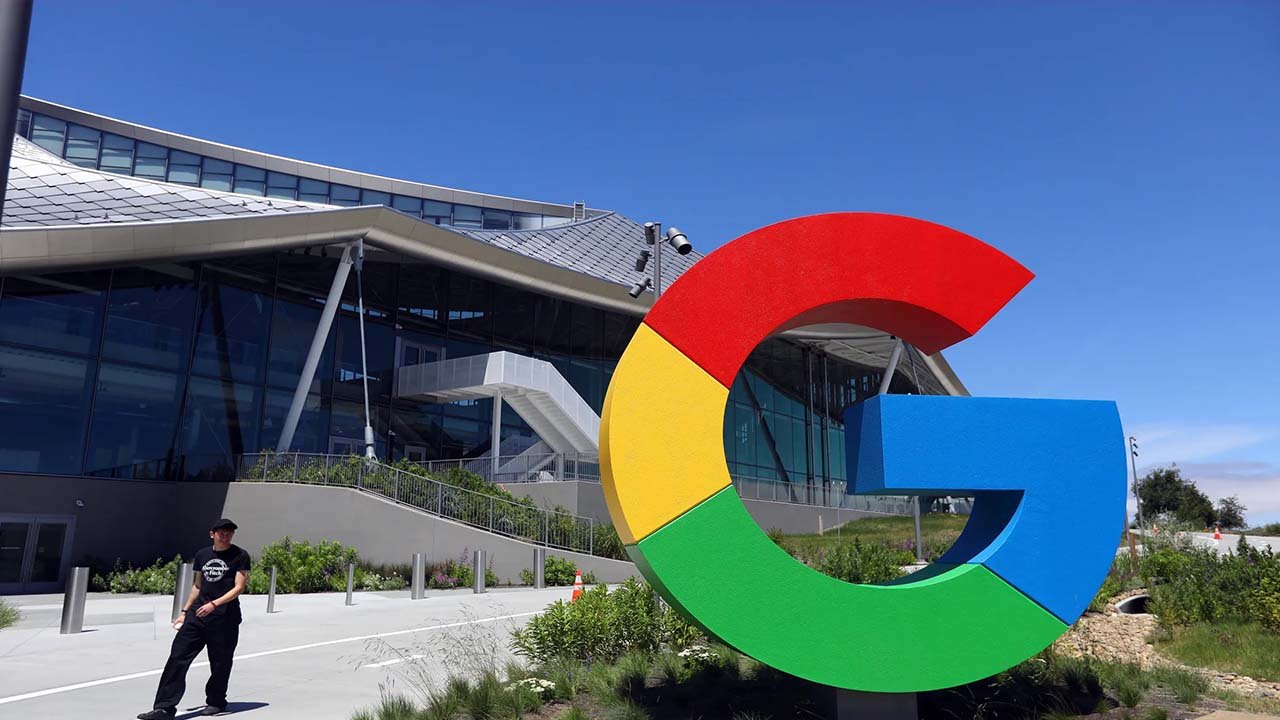WEB DESK: In today’s digital age, artificial intelligence (AI) has permeated nearly every aspect of our lives, including the job market. A notable statistic reveals that nearly every Fortune 500 company utilizes AI screening tools for hiring, with an anticipated 40 per cent of all companies set to implement AI interviews this year. While these tools promise efficiency in candidate selection, they also bring to light significant concerns regarding bias and fairness in the hiring process.
AI’s role in hiring & its implications
The adoption of AI in hiring has been swift and relatively unnoticed by the general public. According to Hilke Schellmann, a professor at NYU’s Arthur L. Carter Journalism Institute and author of “The Algorithm: How AI Decides Who Gets Hired, Monitored, Promoted, and Fired,” AI’s integration into recruitment processes has introduced complexities for job seekers. These include navigating through opaque AI screening algorithms that sometimes yield results akin to random chance, and inadvertently perpetuate biases in candidate selection.
Schellmann’s research, inspired by personal encounters and stories, underscores how job seekers with diverse backgrounds, accents, or disabilities face heightened challenges in standing out amid AI-driven recruitment processes. What began as a curiosity about the role of AI in hiring evolved into an eye-opening exploration of its far-reaching impacts on employment dynamics.
Read More: Scientists discover when earth first received water
Impact on job seekers
For many job seekers, the transition to AI-mediated hiring has proven daunting. Automated systems often prioritise specific keywords and criteria from job descriptions, filtering out otherwise qualified candidates whose resumes fail to precisely match these parameters. This mechanized approach, while efficient, risks overlooking valuable candidates who may bring unique perspectives and skills to the table.
Navigating AI screening: tips for job seekers
In response to these challenges, Schellmann offers practical advice to job seekers aiming to navigate AI screening effectively:
- Optimize your resume for AI readability: Simplify your resume format by avoiding complex designs, images, or special characters. Focus on clear, concise descriptions of your experiences and achievements, ensuring they align with the job requirements.
- Tailor your resume with keywords: Tailor your resume to include keywords and phrases directly from the job description. Tools like Jobscan can help you analyse and optimise your resume to increase its compatibility with AI screening algorithms, aiming for a moderate match rather than a perfect replication of the job description.
- Highlight skills over educational background: Emphasise your skills and relevant experiences over educational credentials. Including a dedicated skills section on your resume and LinkedIn profile can enhance visibility to AI screeners seeking specific qualifications.
- Engage strategically on job platforms: Be mindful of your interactions on professional platforms like LinkedIn, as these behaviors are tracked and influence recommendations to recruiters. Active engagement with relevant companies and networking can increase your visibility to potential employers.
- Harness generative AI for preparation: While AI screening poses challenges, leveraging generative AI tools like ChatGPT can aid in refining resumes and crafting tailored cover letters. These tools can also simulate interview scenarios, helping you prepare responses to common interview questions with confidence and authenticity.















